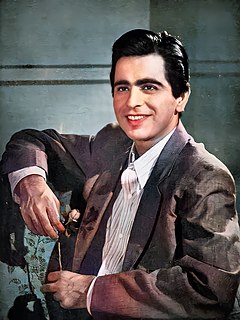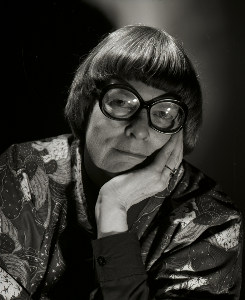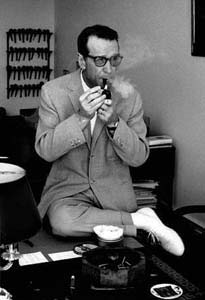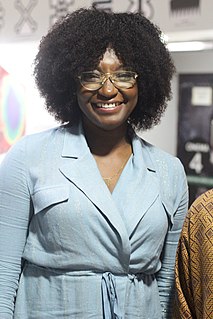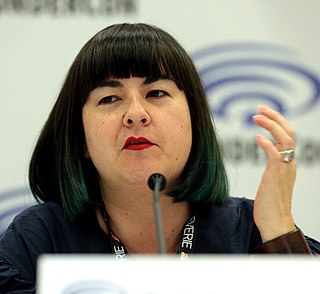A Quote by Dacia Maraini
In a novel there's not much autobiography. There are characters in transit. Naturally, I can project something of my experiences onto the characters, but they have their own autonomy, a personality that is often a mystery to me.
Related Quotes
For me, there's a bad year of getting started on something. You write bad stuff and it's awkward to throw it out, and you wait around to get some good ideas that maybe do come or don't come. Until eventually you get the voice and autonomy of the characters, the characters have personality, and they sort of pick up the weight and put it on their shoulders. That's when it becomes a little more fun.
I think that I write much more naturally about characters in solitude than characters interacting with others. My natural inclination - and one that I've learned to push against - is to give primacy to a character's interior world. Over the three books that I've written, I've had to teach myself that not every feeling needs to be described and that often the most impactful writing more elegantly evokes those unnamed feelings through the way characters speak and behave.
I remember how surprised I was when my first novel was about to be published and I was informed that I could be sued for anything any one of my characters said. 'But I often don't agree with what they say,' I protested. The lawyer was not interested in the clear distinction I make between my own voice and the voices of my characters. Neither, I have found, are many of my readers.
But to be perfectly frank, this childish idea that the author of a novel has some special insight into the characters in the novel ... it's ridiculous. That novel was composed of scratches on a page, dear. The characters inhabiting it have no life outside of those scratches. What happened to them? They all ceased to exist the moment the novel ended.
A good novel is something that challenges perception, that allows you to see the world anew through a different point of view - something that genre fiction doesn't do, although it sells more because it doesn't disturb people's innate sense of what a novel should be about. Often, people want characters to be nice, for example.
What I strive to do is make my characters seem like real people so that the reader experiences them as people - that's something I've been working on all of my life. I couldn't have written this novel at twenty or thirty, for technical reasons - I didn't have the technique then - but above all because I didn't have the life experiences I have now at sixty-seven.
The script in many ways is limiting and novel is liberating. You get to go into the heads of your characters and their background and have fun with them; something you are discouraged from doing with a script. With the novel, I can tell you what the characters are thinking, I can tell you their view of the world, background information, things I wouldn't dare touch in the script.
There's a certain amount of pressure that goes with writing superhero characters, especially characters that are beloved to audiences. You know that you're always writing into a certain amount of expectations and into an existing fandom, and I try to take the pressure of that in when I first accept a project and then I try to push it aside as much as possible and just focus on the story that I want to tell. It's definitely a little more pressure than writing something of your own, from your own brain, and creating those expectations from scratch. But I also like the challenge of it.


